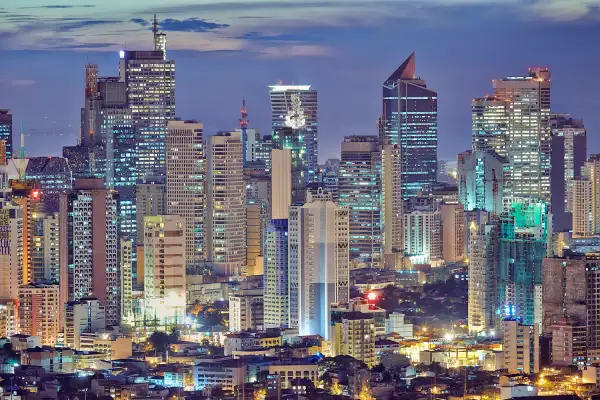2 Key Moves for International Investors in 2017
Money is not a client of any investment adviser featured on this page. The information provided on this page is for educational purposes only and is not intended as investment advice. Money does not offer advisory services.

Stocks in developing economies are likely to have another good year in 2017, after rising more than 17% so far in 2016.
Investors certainly have waited long enough: The shares returned a mere 2.5% a year on average over the past decade, even including this year’s advance. The turnaround has come as economic growth in the developing world finally picks up after a long cold spell. (You’re showing your age if you remember when emerging markets were the engine of global growth in the early 2000s.)
The recovery isn’t uniform, however. China, the biggest economy in the emerging markets, continues to slow down, with GDP growth expected to fall to 6.2% next year, from 6.6% in 2016 and 7.3% in 2014. Economies that are reaccelerating can be found in Eastern Europe, Mexico, Indonesia, and the Philippines.
You can thank the bounce in commodity prices, as many emerging economies are still tied to the mining and production of raw materials such as crude oil. Since the end of January, oil prices have jumped from around $26 a barrel to about $45. Prices aren’t expected to rise as aggressively in 2017, but they are forecast to be stable. “The big downward pressure on commodity prices is over,” says Thomas Clarke, co-manager of the William Blair Macro Allocation Fund.
Replenish your emerging-markets stake…
If you haven’t rebalanced your equities in a while, do it now. A 10% weighting in emerging-markets stocks five years ago is down closer to 5% now. Be careful, though. Because economists don’t expect a new bull market in commodities to take off, you may want to avoid funds with big bets on commodity-reliant companies.
T. Rowe Price Emerging Markets Stock , which is on the Money 50 list, holds less than 7% of its portfolio in energy, basic materials, and industrial stocks, with the majority of its assets in consumer-driven areas including tech.
…But go light on China
For years China drove economic growth in the developing world. But the country is now an emerging market in name only, mired by an aging population and a shrinking workforce.
Favor funds that limit exposure to China. The Harding Loevner Frontier Emerging Markets Fund focuses on relatively small and fast-growing economies such as the Philippines, Colombia, and Kenya. Among index funds, Columbia Beyond BRICs ETF avoids the largest emerging economies (Brazil, Russia, India, and China) while focusing on consumer-driven markets such as Mexico, Malaysia, and Indonesia.
